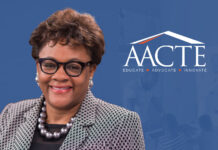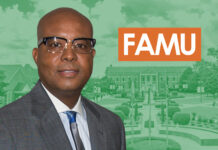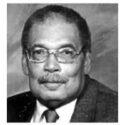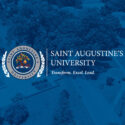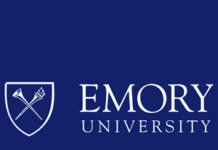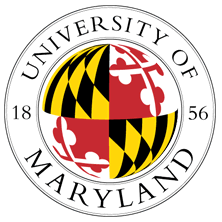 The University of Maryland has released a report documenting the history of enslaved Black people who worked and or lived on land that is now part of the school’s campus. The report is the latest endeavor from “The 1856 Project,” a university initiative that studies the history of slavery at the University of Maryland.
The University of Maryland has released a report documenting the history of enslaved Black people who worked and or lived on land that is now part of the school’s campus. The report is the latest endeavor from “The 1856 Project,” a university initiative that studies the history of slavery at the University of Maryland.
Charles Benedict, founder of Maryland Agricultural College, which eventually became the University of Maryland, owned 52 enslaved people. Part of his plantation became the Maryland Agricultural College campus. The current site of the University of Maryland’s basketball arena was formerly the plantation of John Eversfield, an enslaver and ordained priest affiliated with the college. The report discovered over 500 enslaved Black people lived on land that became the college’s campus. While the University of Maryland’s first president, Benjamin Hallowell, opposed slavery on the university’s campus, many of his successors did not agree. Several of the university’s initial presidents supported the Confederacy, with some serving as officers in the Confederate Army.
The report also discovered the University of Maryland’s campus was part of the Underground Railroad in the mid-nineteenth century. The researchers found evidence that Black people used local roads and sought refuge in wooded areas around the campus in their pursuit of freedom.
“The 1856 Project is a testament to the impact this kind of archival work can have,” said Lae’l Hughes-Watkins, co-chair of The 1856 Project and associate director of engagement, inclusion, and reparative archiving at the University of Maryland Libraries. “This new research report is an important first step in confronting and disrupting the narrative of our shared history. It challenges us to see through the privileged half-truths we’ve long held as a university and to create a more inclusive and truthful documented history.”
The research team plans to release two more reports over the next two years that expand on their findings. Additionally, the team has recently submitted an application for a Mellon Foundation grant to support their research capacity and future community-based events. As their research expands, the project plans to launch community training sessions, educational modules, digital archives, art exhibitions, and conferences to highlight their findings.
